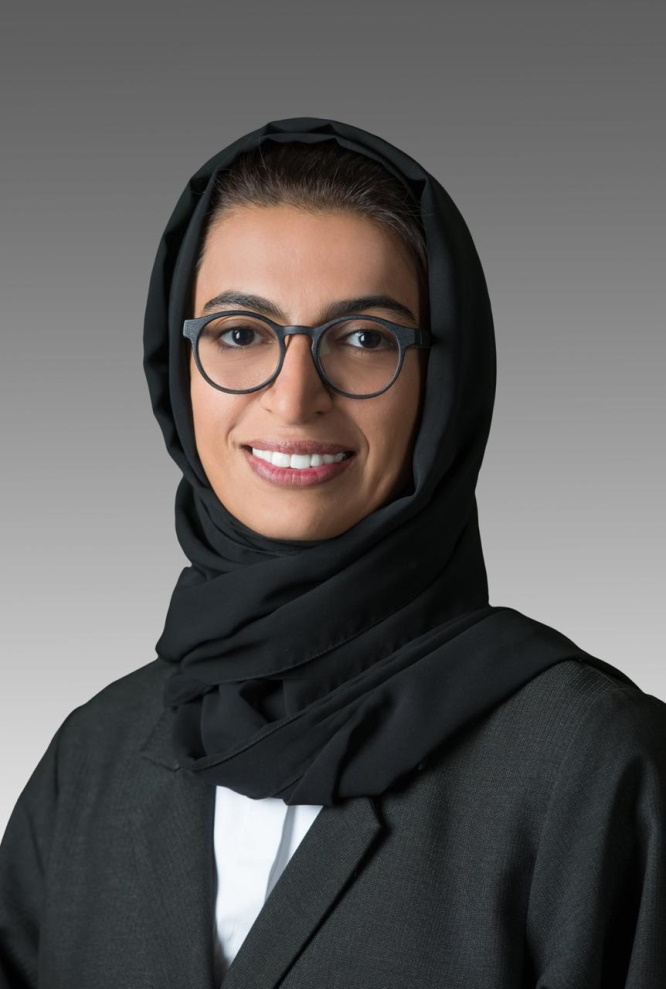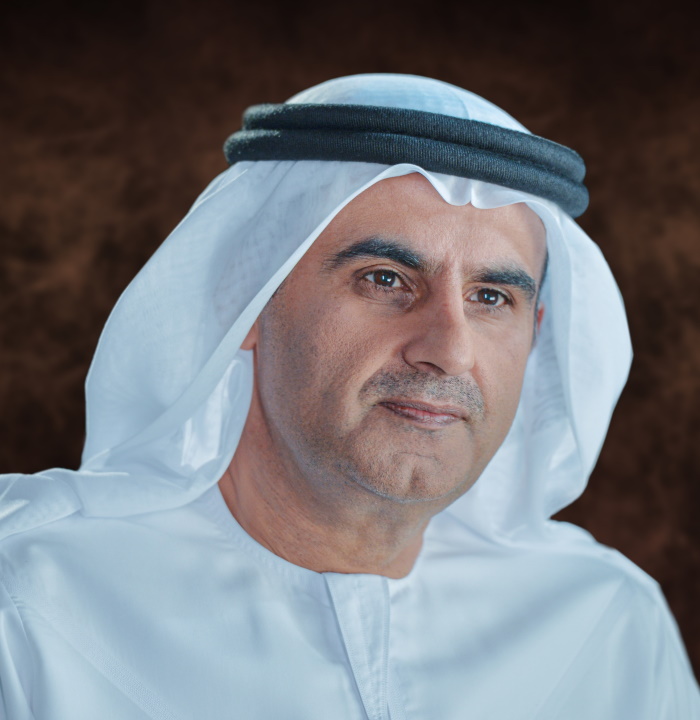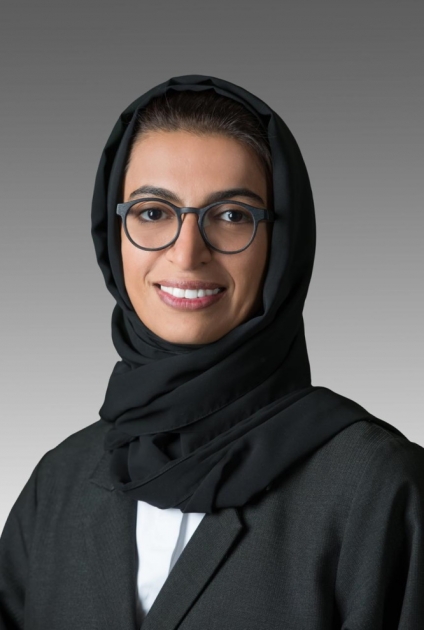
Arab artists, intellectuals, and literary figures attend the Arabic Language Summit in Abu Dhabi
The summit is organised by the Ministry of Culture and Youth, in cooperation with the Abu Dhabi Arabic Language Centre, under the theme ‘Language and Identity Formation”
Under the patronage of His Highness Sheikh Khaled bin Mohamed bin Zayed Al Nahyan, Member of Abu Dhabi Executive Council, the Ministry of Culture and Youth is organising the inaugural edition of the Arabic Language Summit, in cooperation with the Abu Dhabi Arabic Language Centre (ALC), part of the Department of Culture and Tourism - Abu Dhabi (DCT Abu Dhabi), on 20 and 21 December 2022.
The Summit welcomes leading Arab and international literary figures, thinkers, and academics at Manarat Al Saadiyat in Abu Dhabi to discuss issues and topics that set the stage for advancing the Arabic language. Held under the theme ‘Language and Identity Formation, this first edition of the event includes a series of panel discussions that are set to explore issues related to the Arabic language, presenting new experiences, visions, and theses that forecast the future of the language both in Arab societies and the new communities where Arabs have settled.

Her Excellency Noura bint Mohammed Al Kaabi, Minister of Culture and Youth, said in a statement: “The Arabic language is a fundamental pillar in the Arab world development; it is the main focal point of our social identity and the baseline for acquiring knowledge and experience, and producing literature and art. With that in mind, we sought to organise the Arabic Language Summit, following the success of its inaugural edition, held on the side lines of Expo 2020 Dubai last December. This upcoming edition builds on the takeaways last year and allows us to remain in touch with issues related to our Arabic language. We hold the Summit this year under a theme designed to strengthen our identity and its connection to our language. It is a prominent platform for us to come up with additional solutions and visions that enhance the role of Arabic as a language of civilised communication with the peoples of the world.”
“This Summit complements the significant efforts we have made at the Ministry of Culture and Youth, in partnership with various government and private entities around the Arab world, to preserve and advance the Arabic language, and address the challenges it faces,” H.E. added. “Language is the most important expression of Arab civilisation; it is a bridge between the past and the present, and a cultural and intellectual pillar for Arab peoples.”
“We are committed to supporting all efforts to promote and empower the Arabic language and expand its global presence as a language of science, knowledge, and culture. We are also dedicated to outlining a roadmap for the language’s present and future, discussing the most pressing issues around it, and developing new instruments to elevate its role across all knowledge sectors,” H.E. Al Kaabi concluded.

For his part, H.E. Dr. Ali bin Tamim, Chairman of the ALC, said: “Our sincere gratitude goes to His Highness Sheikh Khaled bin Mohamed bin Zayed Al Nahyan, Member of Abu Dhabi Executive Council for his continuous support to enhance the status of Arabic Language. We also highly appreciate the efforts exerted by His Excellency Mohamed Khalifa Al Mubarak, Chairman of the Department of Culture and Tourism - Abu Dhabi (DCT) for his unprecedented support to ALC and particularly the notable efforts led by the Ministry of Culture and Youth to support the Arabic language and provide a prominent space for active and constructive dialogue, where leading Arab and international thinkers, writers, and academics come together to explore effective solutions that support the Arabic language and enhance its presence as a basic pillar of Arab identity and culture.”
“The Abu Dhabi Arabic Language Centre is proud of this collaboration with the Ministry, and we look forward to the recommendations and takeaways from this year’s summit that will complement what we have achieved so far and build on our expertise to cement the presence of the Arabic language in cultural and society and ensure its ability to face modern day challenges. The objective is to ensure that younger generations will have a legacy that strengthens their connection to their Arab intellectual identity.”
An integrated programme
Day one of the summit includes a series of panel discussions and workshops featuring renowned Arab thinkers, researchers, and experts, most notably Dr. Abdullah Al-Ghathami, Saudi academic and critic, winner of the ‘Cultural Personality of the Year’ category at the 16th edition of the Sheikh Zayed Book Award (SZBA), who will be taking part in a session titled Arabic Language and Identity, moderated by Emirati journalist and presenter Samah Al Abbar. The session discusses the theme of this year’s summit and sheds light on the relation between the two, the importance of language in the formation of identity in the Arab region and in facilitating its achievements.
Another session on the agenda is titled Identity Makers in Other Languages and brings together renowned literary and intellectual figures, namely, French thinker and novelist Gilbert Sinoué, Syrian-Lebanese thinker and poet Adonis, and Dr. Muhsin Jassim Al-Musawi, Professor of Arabic and Comparative Studies at Columbia University in New York, winner of the ‘Arab Culture in Other Languages’ category at the 16th edition of the SZBA. Moderated by Dr. Sulaiman Al Hattlan, CEO of the Hattlan Media Company, the session documents the experiences of cultural diplomacy and the so-called diaspora diplomacy through two pioneering literary experiences of great Arab innovators – both in the Arab world and the countries of the diaspora – who played a leading role in bringing Arab literary content to the world. The discussion also sheds light on the obstacles and challenges that must be overcome through dialogue with others.
In a session titled Arabic Language, Identity and Drama, the summit brings Arab drama stars to discuss the growing interest in exploring new creative horizons for the Arabic language in the arts, and drama in particular, as the most influential medium and the closest to audiences in the Arab region and the world. The session brings together Bahraini writer, journalist, and presenter Dr. Parwin Habib, Syrian actor and theatre director Jamal Suleiman, Emirati artist Samira Ahmed, and Ahmed Al Jasmi, Chairman of Sharjah National Theatre Board of Directors, also from the UAE. The panellists will be presenting a forward-looking vision and examining the relationship between language and identity, as well as ways to deepen the bonds with the language through drama and the arts.
To discuss the Future of the Arabic Language, the summit welcomes Dr. Nizar Habash, professor of computer science at New York University Abu Dhabi, and Saeed Hamdan Al-Tunaiji, Acting Executive Director of the ALC, in a session moderated by Asmaa Siddiq Al-Mutawa, Founder and Director of the Literary Forum Salon. The session sheds light on the future of the Arabic language through arts, literature, science, and technology, and discusses how Arabic can flourish today with its literature, arts, and sciences, and how we can view the future of the Arabic language in the era of technology.
Moreover, the agenda includes a session titled Review of the Curriculum Status Report, which reviews the results of the report on the status of curricula. Participants delve into the study in search of obstacles to upgrading this key sector that is responsible for building societies and developing the skills of future generations. The panel includes Dr. Hanada Taha, Chair Professor of Arabic Language at Zayed University; Dr. Mahmoud Al Batal, Professor at the Department of Arabic and Near Eastern Languages at the American University of Beirut; and Dr. Khalil Sheikh, Director of Education & Arabic Language Research Department at the ALC, and is moderated by Dr. Maysa Rashid Ghadeer, Writer specialised in speech analysis and former member of the Federal National Council (FNC). The session discusses outputs of the report and sheds light on pioneering experiences in teaching Arabic in the Arab region and the world.
The summit’s first day also presents a series of science and knowledge workshops hosted by Manarat Al Saadiyat Theatre. Dr. Fatima Hamad Al Mazrouei is set to present a workshop titled The Art of Writing for Children, which explores the basics of this branch of literature, while calligrapher Hassan Zaki leads an art workshop titled The Aesthetics of the Art of Calligraphy, where he guides participants through key steps of sketching the letters, and introduces them to the importance of this art in expressing the Arabic language and its aesthetics.
The summit continues on day two with a session on Arabic Calligraphy and Modernist Patterns, which explores the prominent place that Arabic calligraphy occupies and its continued influence on human communication, in addition to being a means of expressing the Arab identity and its aesthetic values. Moderated by media figure Ibrahim Ostadi, the session features Dr. Antoine Abiaad, Assistant Professor at the College of Arts and Creative Industries at Zayed University, and Sarah Al-Aref, Executive Director of the Creative Department at Two Thirds Company.
Poetry enthusiasts have a “poetic morning” session to look forward to, titled A Poetic Shade, which sheds light on the significance of the poetry and the role the Arab poet, inspired by the works of late Palestinian poet Mahmoud Darwish. Moderated by Lebanese poet and presenter Nadine Al-Asaad, the session brings together Sudanese poet Rawda Al Haj, Iraqi poet Ali Jaafar Alaq, and Tunisian poet Moncef Al-Wahaibi.
Also on the agenda is a session titled Arabic Language in New Worlds, the summit explores the presence of the Arabic language among non-native speakers. Moderated by Dr. Maryam Al-Hashemi, researcher and academic from the UAE, the panel includes Marcel Kurpershoek, Dutch Orientalist specialising in Nabati and Bedouin poetry; Maurice Pomerantz, Programme Head of Literature and Creative Writing at NYU Abu Dhabi; and Dr. Kashif Jamal, Professor at the Centre for Arab and African Studies at Jawaharlal Nehru University in New Delhi, India.
The summit concludes with a session on Arabic Language and Music with Lebanese artist Walaa Al Jendi and Emirati actor and director Yasser Al Neyadi, that sheds light on the close relation between Arabic language and music and explores its ancient cultural heritage that goes back more than a thousand years and that has given the world refined works of art, inspired by the aesthetics of our language and our cultural identity, building bridges with other cultures.
The Arabic Language Summit will discuss a series of topics, most notably the recommendations issued by the Report on the Status and Future of the Arabic Language, issued by the Ministry of Culture and Youth in December 2020, which represents a framework for promoting Arabic as a language of science, knowledge, and identity. The report is a cornerstone of the National Arabic Language Agenda and its goals and priorities associated with the UAE’s Centennial.
The summit is an international platform that serves the issues of the Arabic language, and an event that enhances its presence, promotes its literature and arts, and presents a new approach to using the Arabic language and advancing it as a powerful means for communication and knowledge. The event presents a prominent platform for knowledge and culture, bringing together language experts in all fields to outline the future of the Arabic language based on an accurate reading of current challenges.



























